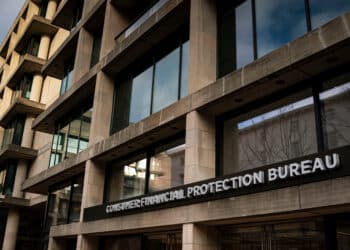Court decision muddles proposed FDCPA rule
A ruling from the Seventh Circuit Court of Appeals could complicate the Consumer Financial Protection Bureau’s proposed guidelines for the Fair Debt Collection Practices Act as it relates to electronic validation notices, Chris Willis, a partner at Ballard Spahr LLP, told Auto Finance Excellence.
“[The decision] is throwing a fly in the CFPB’s ointment for what they proposed in their rules back in May,” Willis said.
The proposed rule issued by the CFPB would allow debt collectors to send validation notices — or formal communications of debt — electronically in one of two ways: either pasted as plain text in the body of an email or via a secure hyperlink through email or text message.
In this recent case, a debt collector sent the plaintiff a validation notice through a hyperlink in an email, which the plaintiff never opened. After subsequent communication with the debt collector, the plaintiff sued claiming she was never provided a validation notice.
“The Seventh Circuit said [the debt collector’s practices] didn’t comply with the [current] FDCPA because the words in the statute say that the validation disclosures must be: ‘contained in the communication to the consumer,’” Willis said. “The Seventh Circuit says inserting a link doesn’t mean [the notice is] contained in the communication. In fact, it’s not contained in the communication. It’s just a pathway to another place that contains the communication.”
This case could impact the CFPB’s proposal to allow hyperlink delivery of validations, Willis said, noting that it would prohibit debt collectors from delivering notices by text altogether and could preclude hyperlink notifications sent through email. “You can’t put an entire notice in a text message,” he noted.
The CFPB has two options. For one, there is still plenty of time to change the rule if the bureau chooses, as the public comment period is open through Sept. 18. “Or, [the CFPB] could say, ‘We see the Seventh Circuit decision, but we have the authority to interpret the statute,” Willis said. “We think courts are required to give us deference in the matter.’” Willis noted that it is unclear which route the CFPB will take.
The CFPB was unavailable for comment by press time.










